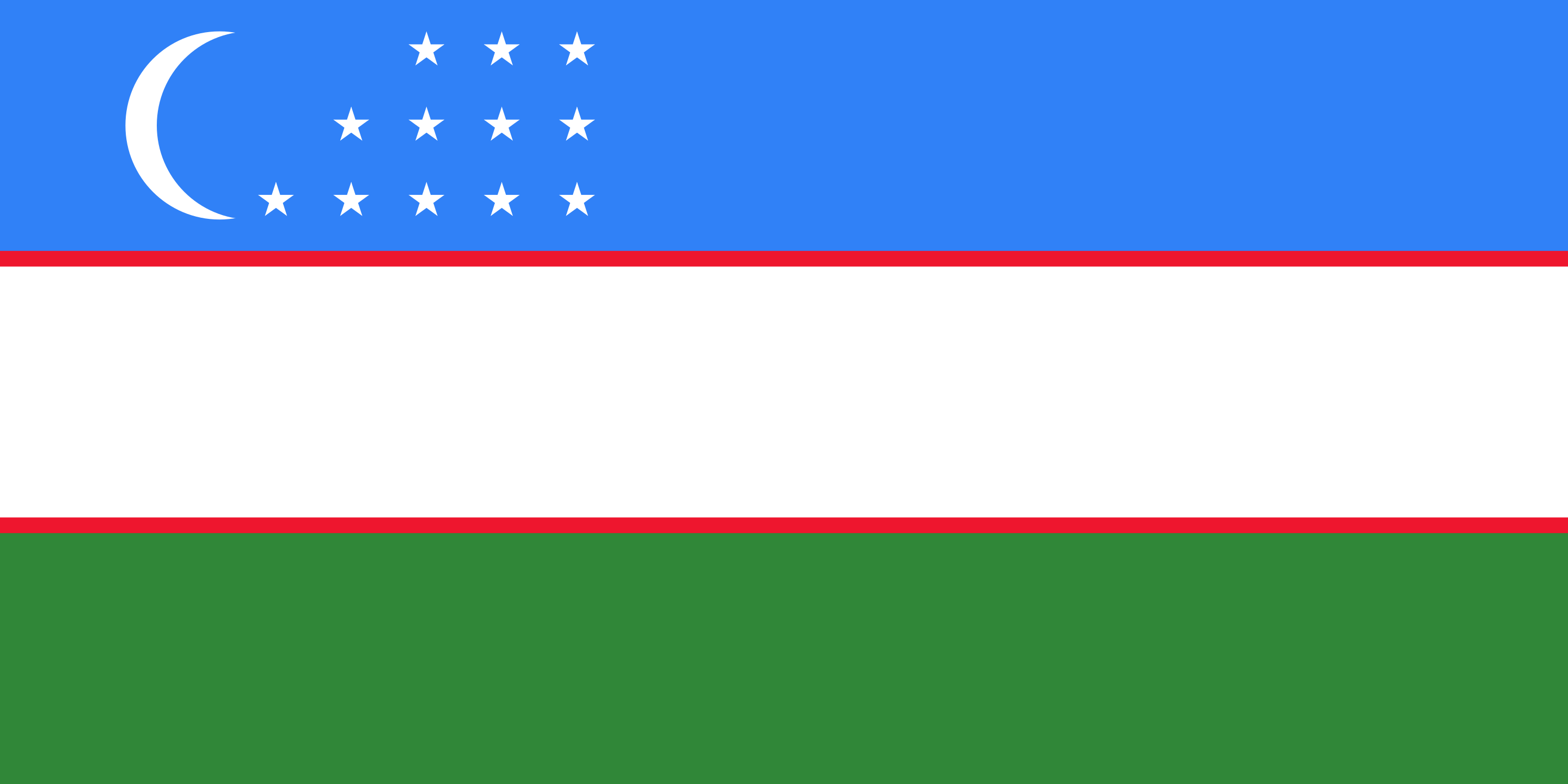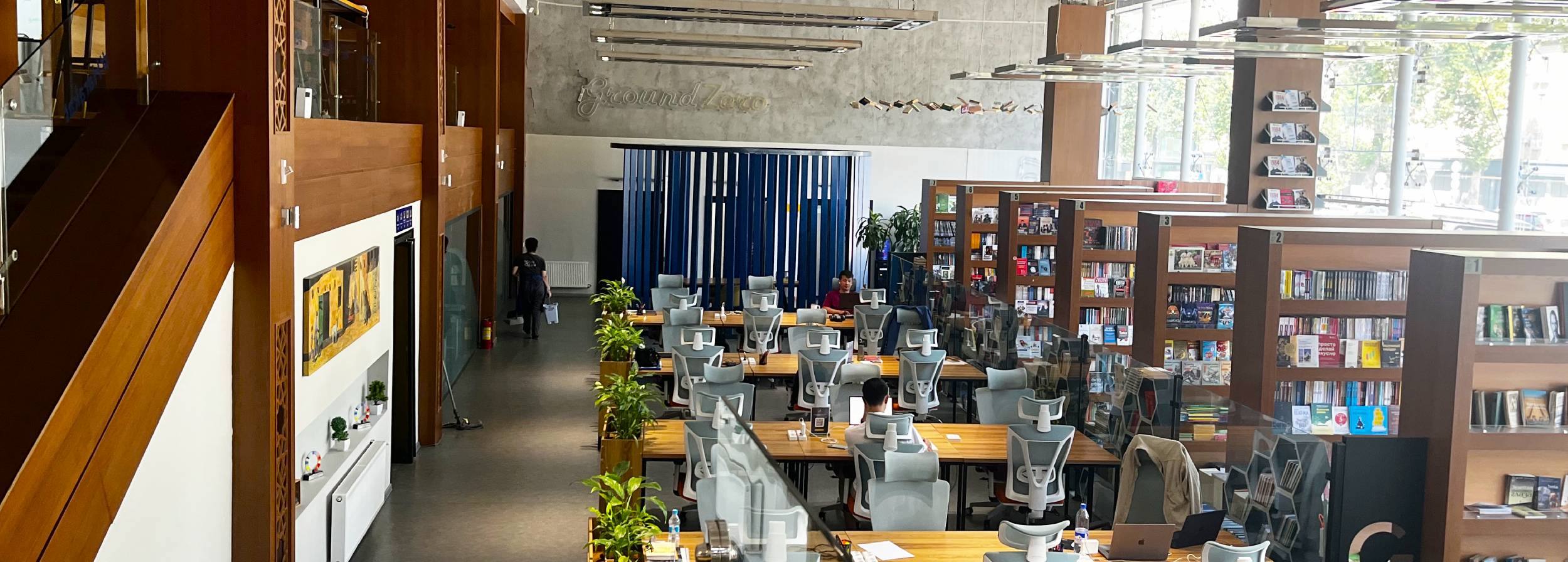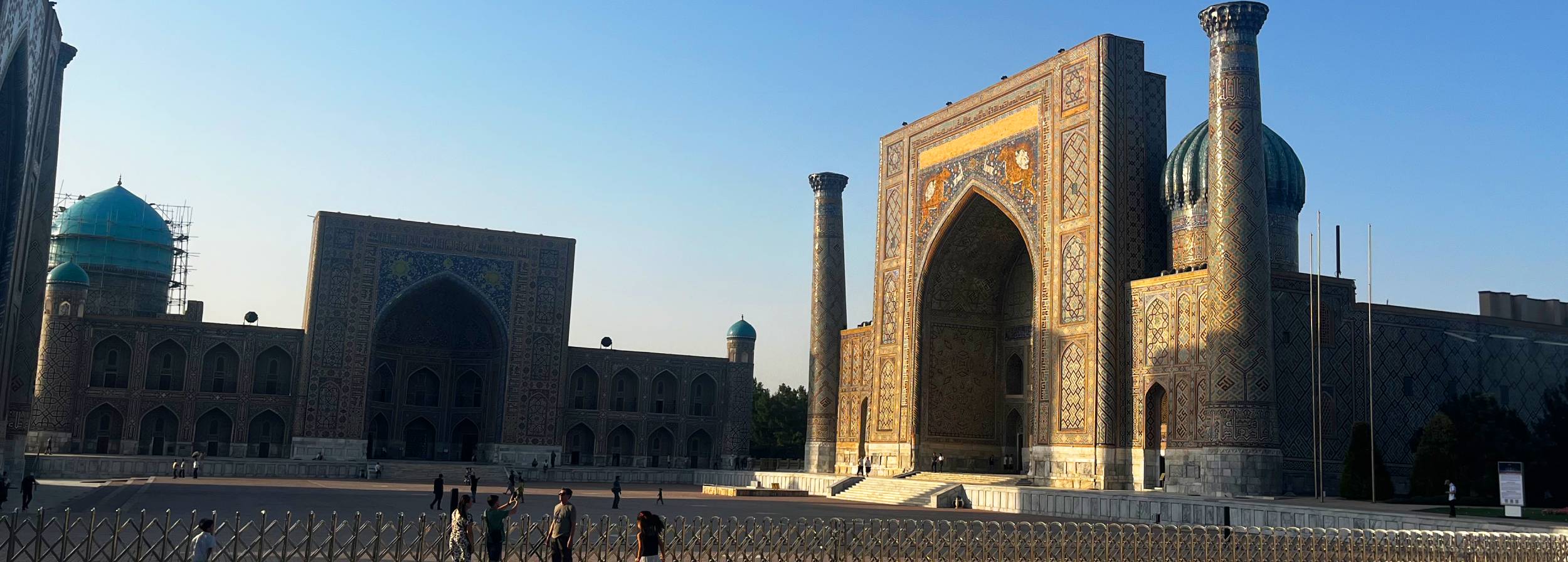For a city of 3 million people, Tashkent feels almost incomprehensibly unengaging.
In fact, I would go as far as rating it as the least dynamic place I've ever visited with direct regard to its size. It contains all the markers of a big city: solid infrastructure, a national hub of industry, modern skyscrapers, but it lacks any core commercial centres that draw you in. This is in part due to the extensive rebuilding after the 1966 earthquake.
There is no real city centre to speak of. The core of the geographic centre close to Amir Timur Square is an array of beautifully landscaped gardens and boulevards, which almost turn into ghost towns during the evenings.
Along Shakhrisabz Street, and particularly close to Ming O'rik metro station, you have areas which faintly feel like they mirror the intensity of a conventional city, but in reality it's nothing more than a busy road with some shops on either side.
Bars are both rare and spread thinly throughout the city, meaning there's no real nightlife hub where you'll find concentrated activity, especially at weekends.
Even though on paper Tashkent resembles much more of a city than either Bishkek or Almaty, for the first two weeks I found it almost unimaginably dull, to the extent where, if it were not for having an excellent Airbnb and coworking space, I may have even moved on early.
Tashkent carries all the baggage of a major city in terms of its infrastructure, population and size, but with none of the excitement or energy that they generally facilitate. At the very least, I generally always find one neighbourhood that truly resonates with me and I'll enjoy routinely walking around on foot or daydreaming about whether I could consider permanently living there, but this was a notable absence on this trip.
In ways it reminded me of Kuala Lumpur, where there feels an intentional effort to shift the city's nighttime focus away from a western-style entertainment culture based around alcohol and late-night venues, and into something more focused on family-friendly spaces.

.png)
.png)
.svg)






.svg)






.png)
.jpg)
.jpg)
.jpg)






.jpg)
.jpg)
.jpg)
.png)


.png)
.jpeg)
.jpg)